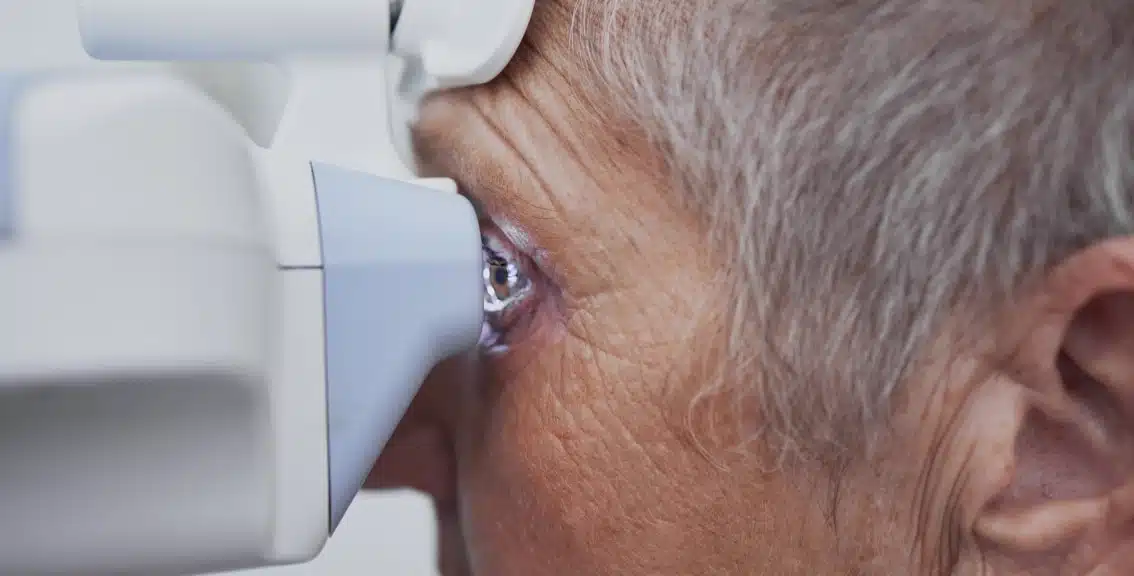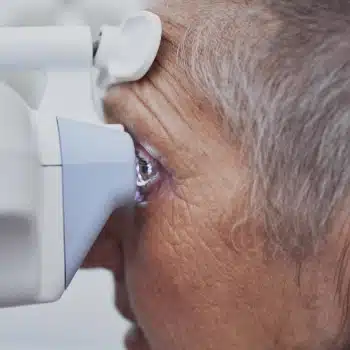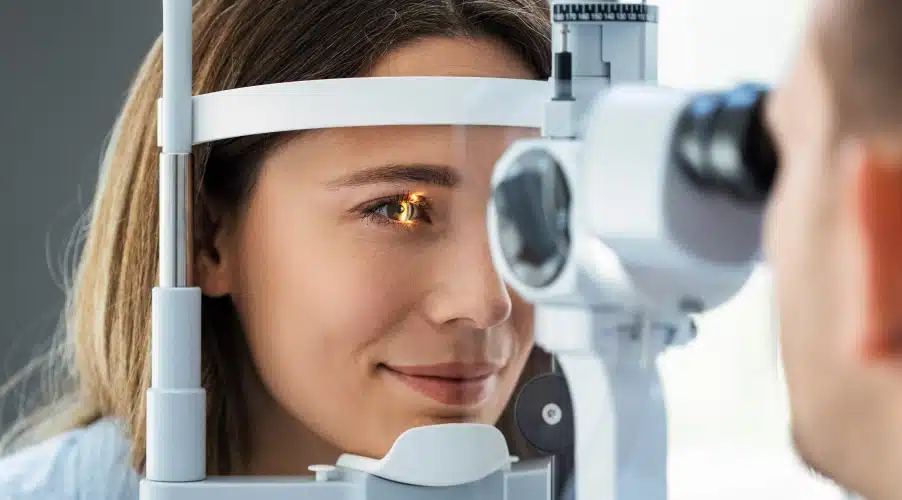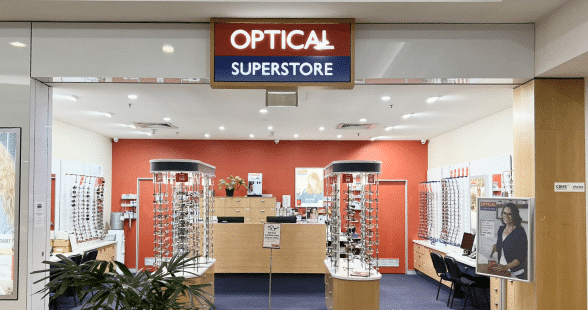

WHAT IS glaucoma AND WHO does IT AFFECT?
Glaucoma is a serious eye condition, leading to vision loss if left untreated. It’s often called the ‘silent thief of sight’ because it typically progresses slowly and without noticeable symptoms until irreversible damage has occurred.

Glaucoma develops from heightened and prolonged pressure within the eye, impairing and destroying the optic nerve’s function of relaying visual data to the brain.
Several types of glaucoma exist, including open-angle glaucoma, the most common form, and angle-closure glaucoma, which is less common but can develop suddenly and require immediate medical attention. Factors that may increase your risk of glaucoma include:
- Age
- Family history
- High eye pressure
- Certain medical conditions, such as diabetes and high blood pressure
- Prolonged use of corticosteroid medications
DETECTION AND TREATMENT
Timely identification and intervention play pivotal roles in managing glaucoma effectively and averting potential vision loss. Regular comprehensive eye exams, including intraocular pressure measurement (IOP) and optic nerve evaluation (Digital Retinal Scans and OCT), are essential for detecting glaucoma in its early stages. Treatment options may include a range of options based on severity and opportunity:
- Prescription eye drops
- Oral medications
- Laser therapy
- Surgery
Raising awareness about glaucoma and the importance of regular eye exams is essential, especially among individuals at higher risk. Successfully facing the challenges of glaucoma is about understanding symptoms and risk factors.

WHAT SHOULD YOU DO?
Take proactive steps to protect your vision, get regular routine eye tests as you age, and seek prompt treatment.
Regular eye exams are essential for monitoring eye health and detecting glaucoma in its early stages. By staying informed and proactive about eye care, individuals can help preserve their vision and maintain overall eye health. REMEMBER: While there is no cure for glaucoma, reducing the risk of permanent vision loss is simple and it starts with a routine eye test.
Active Takeaway Reminders
- Remember routine eye tests! Particularly once you reach 40 years of age. With a bulk billed eye test, this is easy and affordable.
- Take note of the risk factors (genetic, lifestyle, and other) and symptoms associated with glaucoma.
- Seek prompt medical attention if you experience any changes in vision or symptoms suggestive of glaucoma.
- Follow your eye care professional's recommendations for treating and managing glaucoma to preserve vision and prevent further damage.
Your eyes are in good hands at Optical Superstore
FIND A STORE NEAR YOU
Schedule an appointment with an optometrist. Most eye tests are bulk billed to Medicare.

